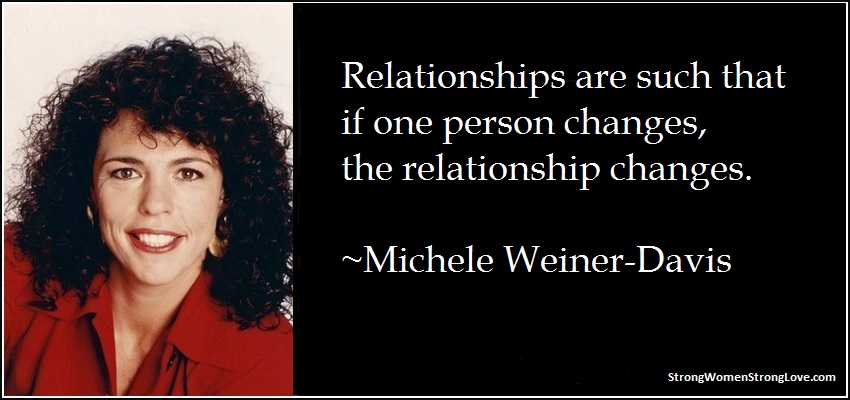Top Marriage Advice Articles of 2017
Thank you for the nearly 40,000 visits to the Strong Women, Strong Love blog this year! I hope that you found resources here to nurture and enhance your marriage.
As 2017 winds down, I wanted to look back on some of the most popular marriage advice articles published this year.
How Attachment Styles Affect Your Marriage
This article looks at attachment styles as a framework for understanding your marriage. Your attachment style was shaped by the family you grew up in, and it continues to influence how you approach relationships. For example, if your early caregivers were loving, responsible and reliable, you’re probably comfortable with emotional intimacy and trusting others. But if your caregivers were unavailable or unresponsive, you may have trouble seeking closeness with others. Knowing your attachment style and your husband’s can be an important first step toward improving your marriage.
Learn more: If you found the article on attachment styles useful, you may also want to read Chasing Doesn’t Work (No Fooling!). Chasing is a common pattern when someone with an ambivalent/anxious attachment style marries a partner with an avoidant attachment style.
Some Key Truths About Honesty in Your Marriage
What does it mean to be honest and authentic with your spouse? You and your husband might have very different answers to this seemingly simple question! Some people have a let-it-all-hang-out philosophy, but their spouses might feel attacked by their bluntness. Again, your feelings about what should — and shouldn’t — be shared in a relationship were probably shaped by your own family. Talk with your husband about how each of you defines honesty so that you can understand and navigate your differences.
Learn more: For some advice on blending honesty with compassion, see my article Strong Women Mistake #2: Brutal Honesty.
How Your Husband Really Feels About Your Miscarriage
A miscarriage is one of the greatest heartbreaks a couple can share together. Sometimes misunderstandings between partners can compound the pain. You may feel hurt and confused if your husband seems unemotional or indifferent after a miscarriage. But he may be acting this way out of a desire to protect you and not add to your burden. It helps to be very clear with him about the kind of support you need.
Learn more: If struggles with infertility have you worried about your marriage, my article Will He Leave If You Can’t Conceive? should be reassuring. In an overwhelming majority of marriages, one spouse’s inability to conceive a child is not a deal-breaker for the other partner.
Your Husband Wants to Separate — Now What?
The above three articles were the most popular ones published in 2017. But by far, the most-read post on the blog is this article on separation that I wrote in 2015. This post has generated ongoing discussion since it first appeared, with commenters opening up about their own experiences with separation and offering each other support and compassion. If you’re going through a separation now, know that while you can’t do anything to make your husband return to the marriage, you’ll have a better chance of saving your marriage if you can avoid acting from a place of fear.
Learn more: If the advice in my article on separation resonated with you, you may also wish to explore The Last Resort Technique for saving your marriage. Creator Michele Weiner-Davis (a marriage therapist) makes no guarantees that the technique will work, but says “it works often enough for you to be eager to give it a shot.” And, she adds, “even if your marriage doesn’t improve … your mental health will.”
Thank you again for reading the Strong Women, Strong Love blog in 2017. I wish you and your husband much love and joy in 2018. If there are relationship topics you’d like to see me cover on the blog next year, just drop me a note or a comment on Facebook.



